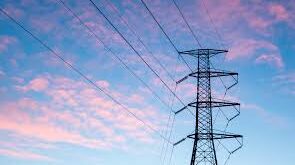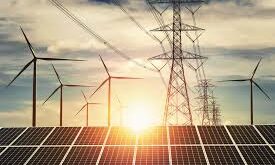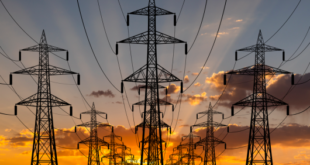When Big Oil majors started buying EV charging networks and battery producers. they probably earned some praise for venturing into new business directions away from their increasingly unpopular core business. Now. they are taking this a step further: supermajors have super utility plans.
It was only a matter of time. really. Integrated oil companies know the importance of covering the whole supply chain in an industry. so it only made sense to grow into power generation once you’ve established a presence in one of the biggest growth segments in power demand: electric vehicles.
French Total led the way by buying local electricity retailer Direct Energie last year for more than US$1.7 billion. According to CEO Patrick Pouyanne. electricity will be the energy of the 21st century and Total is using every opportunity to expand there. In fact. since 2014 when Pouyanne assumed the top post at Total. the company has become a utility as well as an oil an gas company after a string of acquisitions across power generation (Eren). battery manufacturing (Saft). and power distribution (Direct Energie. Lampiris).
But Total is not the only one. Shell recently made headlines with plans to become not just a player in electricity generation. but also the biggest one by 2030. Bloomberg reported earlier this month that the Anglo-Dutch supermajor was pouring US$2 billion annually into its new energies division that aimed to expand its presence in cleaner power generation. This segment could yield returns of between 8 and 12 percent. the head of the new energies unit. Maarten Wetselaar. told Bloomberg.
Like Total. Shell is growing through acquisitions in the power generation and distribution sector as well as in EV charging. This power plan fits in with the company’s strategy of reducing the portion of oil in its overall production to 25 percent from 50 percent and raising the portion of gas to 75 percent. What’s more. however. Shell specifically plans to materialize its power ambitions by betting on renewables rather than on conventional power generation and distribution.
Some believe power generation and distribution is already turning into the new battleground for Big Oil. Andrew Critchlow. S&.P Global Platts’ head of news for EMEA. warned in a recently published analysis that this Big Oil rush into power utilities might potentially “create a new breed of gigantic energy-controlling monopolies.“
Such monopolies. if they ever materialize. which is questionable. are quite a way off. However. Big Oil’s shift into electricity smacks of what Big Tobacco did after the offense against smoking began. It regrouped and went into e-cigarettes. One could certainly draw a loose parallel between the two. Yet in this shift. Big Oil is better positioned. Electricity demand is set for fast growth. not jut because many believe the hype around EVs will stop being a hype and become a reality. but simply because the world’s population is growing–and this population needs energy.
Big Oil turning into Big Power and replacing the traditional utilities from the top spots is a very realistic prospect. As Critchlow noted in his analysis. Big Oil has not just the ambitions but the means to achieve them: no renewable power company can compete with any of the supermajors on revenues or profits.
 Iran Energy News Oil, Gas, Petrochemical and Energy Field Specialized Channel
Iran Energy News Oil, Gas, Petrochemical and Energy Field Specialized Channel




